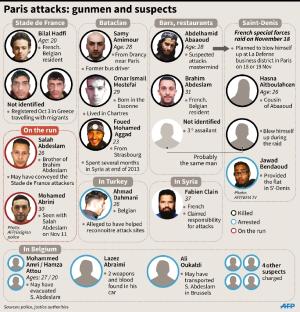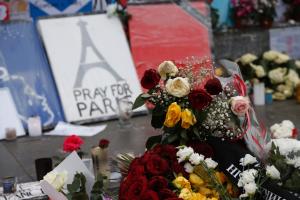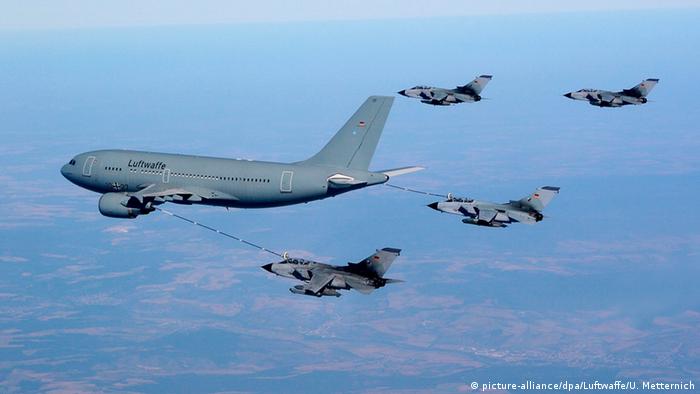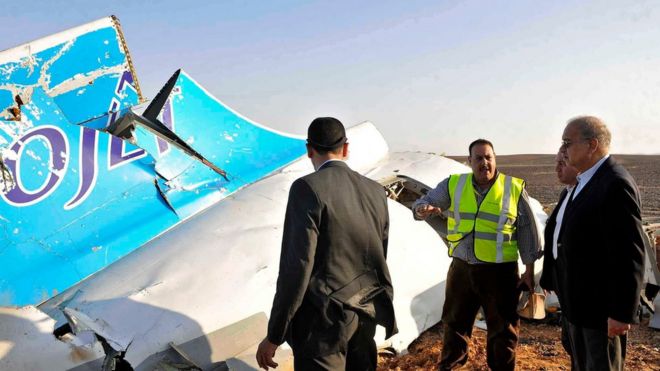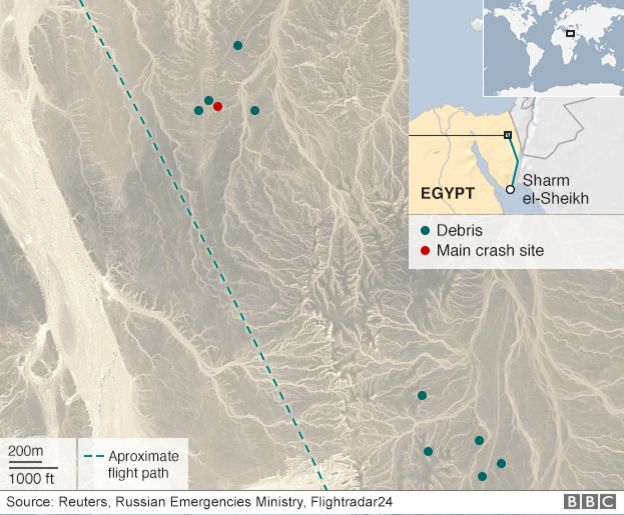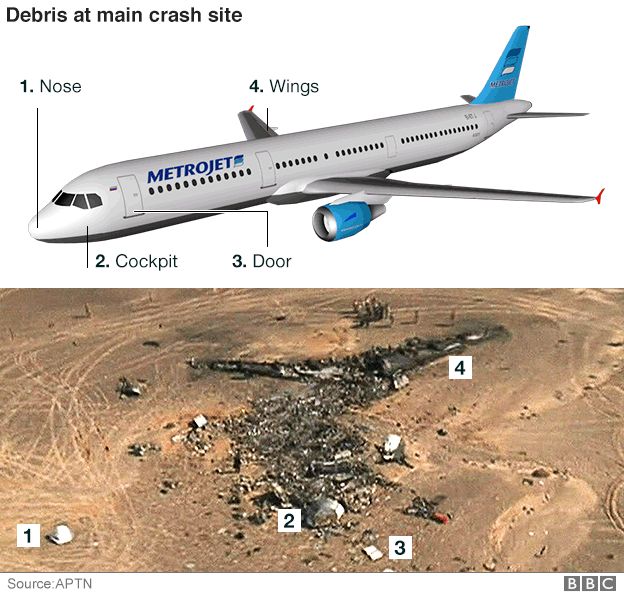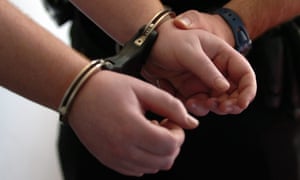
Daquq (Iraq) (AFP) - The
translator rushed towards the rudimentary trailer housing the French
volunteers who came to Iraq to fight against the Islamic State jihadist
group alongside Kurdish forces.
"Come quick,
the general wants to see you! And bring your helicopter," he told them,
as an armoured convoy assembled and prepared to leave the base.
General
Araz Abdelkader, who commands the Kurdish peshmerga forces stationed in
Daquq, a town around 200 kilometres (120 miles) north of Baghdad, had
just received information on possible jihadist movements near the front
line.
- Paris attacks -
What
the translator calls a helicopter is in fact a small commercial drone
which can be carried in a backpack and has turned out to be the French
volunteers' most valuable "weapon".
Fred,
Kim and Pascal are among six former servicemen from France forming the
French contingent in Daquq, not counting Bella the dog, the group's
mascot.
They have called themselves
"Unit 732", a reference to the date of a battle that saw Frankish-led
forces defeat the troops of the Umayyad caliphate in central France.
All
six have significant military experience, but the peshmerga keep them
mostly in the rear and they have not yet fired a shot in anger.
"We're
working on a training programme and, mostly, what we do is recon and
intelligence gathering," said Pascal, a Corsican sporting a
salt-and-pepper moustache.
With 25 years' experience in private security in France, Africa and the Middle East, he's the group's veteran.
The
tiny contingent was welcomed by Iraqi Kurds, who are some of the main
recipients of Western military aid to fight the Islamic State (IS)
group.
France has good relations with
Iraqi Kurdistan, and the Daquq front line, where the autonomous region's
forces are deployed, is one of the areas where the French jets that are
part of the US-led coalition have been the most active.
"These
six men are worth many more, they master some technologies we don't,"
the peshmerga general said.
"They brought this drone from France, it is
very useful to us."
- 'Not crusaders' -
That
day, the small device -- which has a range of four to five kilometres
(three miles) -- flew across a wide open plain to monitor and record
enemy movements without exposing a peshmerga reconnaissance unit on the
ground.
The volunteers in
Unit 732 got together on social media following the January attacks
which IS claimed against satirical newspaper Charlie Hebdo and a Jewish
supermarket in Paris.
"It started with Charlie
Hebdo... something happened inside of me," said Pascal, who wears the
Kurdish flag on one arm patch and the French tricolour on the other.
Other
foreigners have volunteered to fight alongside the Kurds in Iraq and
Syria since 2014, but no Western country has been harder hit by IS than
France and the deadly November 13 attacks in Paris spawned new
volunteers.
"The attacks at
the Bataclan (concert hall) sparked a wave... Many people want to join
us now," said Pascal, warning nonetheless against a mass influx.
Despite its name, the six Frenchmen insist on the apolitical and non-religious nature of the group.
"We're
not Crusaders, we didn't come here because we're unemployed or bored,"
said Fred, another member of the group who served 10 years in the army.
"We are all fathers and have families... We came here to defend our values," he said.
Sipping
tea at the little blue plastic table outside their trailer, the
volunteers also speak of their love for adventure, and some of them feel
confined to a token role.
"I
don't necessarily want to kill, and even less be killed, but we'd like
to get more involved," said one of Daquq's Frenchmen, who gave his name
as Kim.
He and his comrades
are aware their presence is essentially a PR windfall for the peshmerga,
who have cast themselves as the world's first rampart against IS, and
do not plan to stay longer than three months.
They
could not afford to stay much longer, given that they all arrived in
Iraq with barely enough cash for a hotel room and are only housed and
fed by the peshmerga but not paid.
That is one of the conditions
for a smooth return to France, where diplomatic sources say they are
unlikely to run into any legal trouble, having not fought as mercenaries
nor in the ranks of a terror-listed organisation.
France,
a leading member in the coalition against IS, is busy trying to track
the hundreds of nationals it has among the very jihadists that Unit 732
wants to battle.
Kim, himself a Muslim, explained that IS' recruiting prowess in France was a motivating factor in his decision to come to Iraq.
"These
people are not Muslims, they're pigs," he said. "I wanted to show that
there were French people fighting on the other side too."



